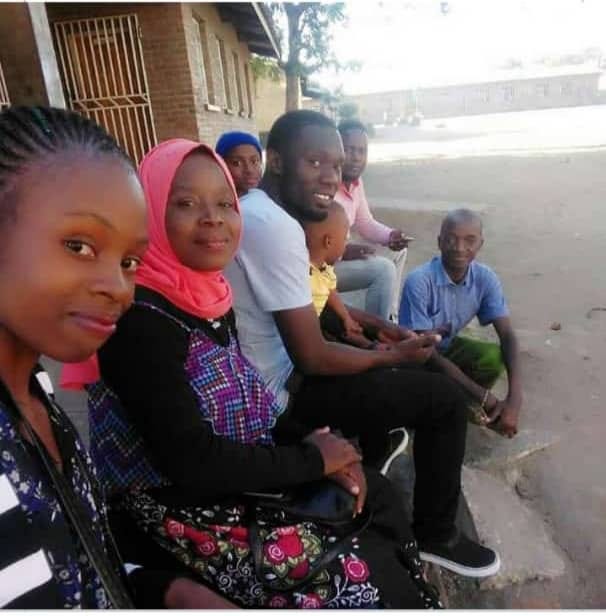Mangochi-Based Institution of Higher Learning Becomes a Beacon of Hope for Needy Students
Hope Business College in Mangochi offers bursaries to needy students, writes Mustafa Makumba.
Mangochi, Malawi - A new initiative by Hope Business College in Mangochi district is providing bursaries to underprivileged students, giving them the opportunity to pursue higher education, writes Mustafa Makumba.
The Youth Development Program, spearheaded by Augustine Chingetman and Trizer Everson, has benefited over 13 students since its inception in 2020.
Some of these students have graduated with various certificates, and others have found full-time, paid employment in different fields.
Patricia Baison, a 19-year-old young woman, is one such success story.
Thanks to the bursary programme, she has obtained a diploma in nutrition and food security.
"Attending college and pursuing my career seemed impossible due to the exorbitant fees charged by higher learning institutions," shares Patricia.
"However, the bursary programme offered at Hope Business College turned out to be a blessing in disguise, as my parents, who lack a stable source of income, could not afford both tuition and examination fees due to financial difficulties."
Patricia further expressed her long-standing desire to become a nutritionist and contribute to the promotion and improvement of nutritional well-being among individuals, communities, and populations in Malawi.
Another beneficiary, 22-year-old Daniel Elvis, is an accounting student who has also benefited from the bursary programme.
Through this initiative, he has obtained a certificate in accounting, providing a solid foundation in his chosen field.
"When my father passed away when I was 12, our family faced significant financial struggles. My mother, who could barely afford the entire school fees, found relief through the bursary program offered by the college. Thanks to this programme, my educational journey has been relatively smooth," revealed Elvis to Africabrief.
The bursary programme reduces tuition fees by at least 50 percent, enabling targeted students to pay only half of the required fee.
In more extreme cases of poverty, students have their fees waived entirely, allowing them to attend classes free of charge throughout their studies.
In addition to providing bursaries, the institution also places outgoing students in various fields for internship programmes, enabling them to acquire practical skills in preparation for future employment.
Many students have successfully secured full-time, paying jobs through these opportunities.
Despite their goal of reaching out to all deserving students at the institution, the programme faces financial challenges. ‘
It currently relies heavily on contributions from well-wishers and former students who are now working, as it lacks established partners and funders.
Looking ahead, the programme envisions establishing a youth empowerment organisation.
This organisation will oversee the bursary programme and actively seek funds to support a greater number of students.
According to the latest data from the Malawi National Statistical Office (NSO) in 2018, the literacy rate in Mangochi district stands at 57.4 percent, meaning just over half of the population aged 15 years and above are able to read and write with understanding in any language.
The interventions from various organisations have begun to show positive changes in literacy rates, thanks to increased investments in education, improved access to education, and awareness campaigns.




Nice work
It sounds good